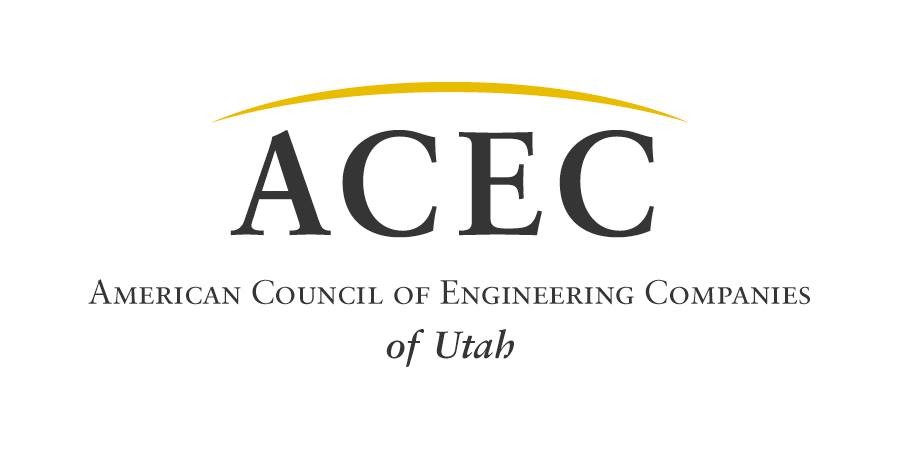The power of personal connection in networking for engineering firms
 In the fast-paced world of engineering, networking plays a critical role in building relationships that can lead to long-term success. While it might seem like a simple handshake or casual conversation, effective networking goes beyond just handing out business cards or talking about what your company does. The real key to successful networking is the ability to form genuine, meaningful connections that can turn into productive, professional partnerships.
In the fast-paced world of engineering, networking plays a critical role in building relationships that can lead to long-term success. While it might seem like a simple handshake or casual conversation, effective networking goes beyond just handing out business cards or talking about what your company does. The real key to successful networking is the ability to form genuine, meaningful connections that can turn into productive, professional partnerships.
One of the most effective ways to network is by following the 80/20 rule. The concept is simple: spend 80 percent of your time focusing on the other person and only 20 percent talking about yourself or your firm. It’s easy to get caught up in promoting your business, but true networking is about building trust and rapport with others. The goal is to make a personal connection, not just a transactional one.
Why personal connection matters in networking
Think of networking like a door-to-door visit. Shaking someone’s hand is like ringing the doorbell—it’s the first step. But just as a visit isn’t complete until you’ve had a conversation, networking is only valuable when you open that door and invite the other person to share their story and vision with you. This process of genuinely listening to someone and engaging with them on a personal level sets the foundation for building a long-lasting professional relationship.
In the engineering field, these connections can become more than just surface-level interactions. Asking questions, truly listening, and understanding the other person’s needs and goals can pave the way for future collaborations. Rather than focusing solely on what your firm can offer, focus on how you can be of value to the person you’re speaking with. Your ability to listen and engage can turn a brief encounter into a powerful business relationship.
Networking as the gateway to collaborations
Networking is the first step in forging lasting professional bonds. In many industries, including engineering, strong partnerships can lead to monumental collaborations—think of the partnership between Steve Jobs and Steve Wozniak, which revolutionized the tech world. While their collaboration may not have started with business pitches, their strong personal connection became the foundation for creating something groundbreaking.
The same idea applies to engineering firms. Your next successful project or major business opportunity could come from a chance conversation at an industry event or a simple networking interaction. By taking the time to listen and understand others, you’re not only creating potential for future collaborations but also positioning yourself as someone who values relationships over sales pitches.
Building authentic business relationships
In the engineering world, trust and authenticity are paramount. Your reputation in the industry is not built on your ability to talk about your firm’s accolades but on your ability to nurture relationships and collaborate effectively with others. When you take the time to really listen to your peers, clients, and potential partners, you’re creating a network that goes beyond business deals. You’re fostering a community of professionals who will return the favor and be there to support you when the time comes.
So, what’s the bottom line? Networking is not about talking endlessly about your own achievements; it’s about creating connections that can lead to long-term, mutually beneficial relationships. Whether it’s with potential partners, clients, or other professionals in the engineering field, the key is listening, engaging, and offering value. By following the 80/20 rule, you’ll be on your way to building a solid network of contacts that can help your business grow and thrive.






